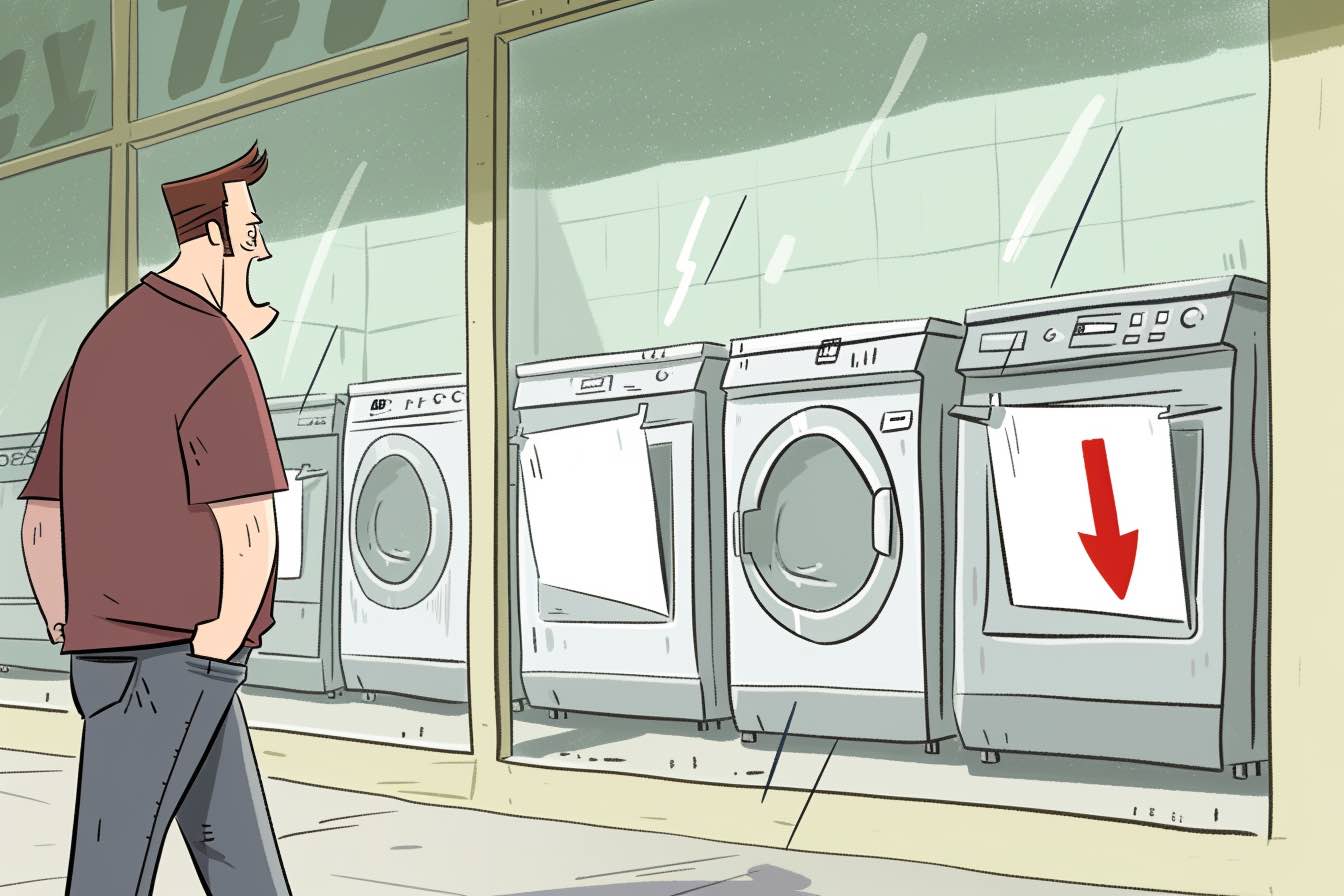Memo to corporate America: Your customers are not walking dollar bills. You don’t have to be a consumer advocate to know that. Customers deserve happiness. Just attend a random corporate event and you’ll see that companies don’t always see their customers the way they should.
The meeting I attended for a major transportation company — that shall remain nameless — was impressive. C-level execs in their Italian suits showed off some brand-new products that wowed everyone in attendance. But whenever they talked about the customer, and particularly customer satisfaction, it was in a detached, almost clinical way.
“Happy customers spend more,” the CEO told me. “So we want happy customers.”
But the new products were being rolled out with a single goal in mind — to encourage customers to buy more. Often, these were unnecessary impulse buys. Other times, they were purchases of convenience that, with just a little advance planning, they could have avoided. But it quickly became clear to me that none of the products were meant to make consumers truly “happy.” This company just wanted them to spend more.
Link between customer satisfaction and profibility
Did you know that when it comes to customer satisfaction, the United States falls short of the top 10, behind Russia, Poland and Chile? Of course, there’s a proven link between customer satisfaction and profitability, as studies have shown.
But here’s the problem: It’s too easy to simply drop the “customer satisfaction” from the corporate credo. If you have a virtual monopoly, like airlines, cable companies and wireless providers, then why not? And then we, the customers, are reduced to walking dollar bills — and nothing more.
Shouldn’t it be the other way around? Shouldn’t companies want happy customers, first and foremost? They may not always turn a profit, but they ought to always care that their products or services work well. Sadly, my own experience in advocating for customers suggests their relentless focus on profits above everything else means we’ve become little more than potential revenue opportunities. (Here’s how to get hold of the CEO if you have a complaint.)
So what should you do about it?
Look for deeds, not words
Companies will talk about customer “satisfaction,” but you have to understand the context in which they mean it. It’s often used in the same way cattle are kept calm before they’re slaughtered. They don’t really care about your holistic well-being or even your long-term satisfaction with a product. It’s important to know that among most corporations, a drive for short-term earnings means you’re not really a person, but a profit opportunity. So ignore the rhetoric about how the customer is priority number-one, and focus on what they actually do for you.
Walk a mile in an employee’s shoes
Employees are often evaluated based on how many products they can sell, not how pleased their customers are. That’s an unfortunate reality, but it’s one you have to understand if you want to have the best experience. In other words, the person on the other side of the counter isn’t thinking about how happy a product will make you, but how much of a bonus the transaction will generate. Knowing that there’s a hidden system of incentives and kickbacks behind the scenes will not change the system, but it will turn you into a more skeptical consumer. Rightfully so.
Ask what they mean
Given the fact that corporate-speak can be so misleading, it’s more important than ever to ask if you’re confused. If you’re not “happy” with a product, what are your rights to a refund or a replacement? Better yet, get the promise in writing, so that you (and if necessary, your attorney) knows exactly what a company means when it says it’s concerned with customer satisfaction. It’s almost as if corporate America is speaking a different language and needs a translator. The only way to be certain of what the company means is to get everything in writing.
Even well-respected and successful companies don’t mean what we think they mean when they say “customer service.” It’s better to pay attention to what they actually do, instead of say, and to gain a basic understanding of how the system works. If there’s something you don’t understand, ask for a clarification. It sure beats being surprised by bad service. Or by none at all.




